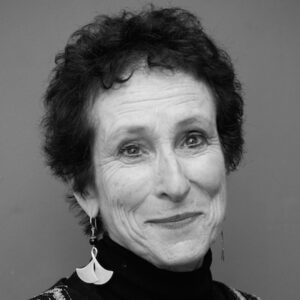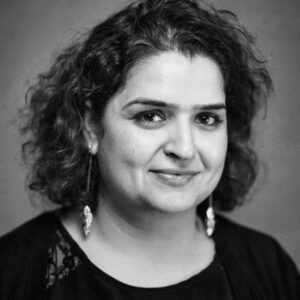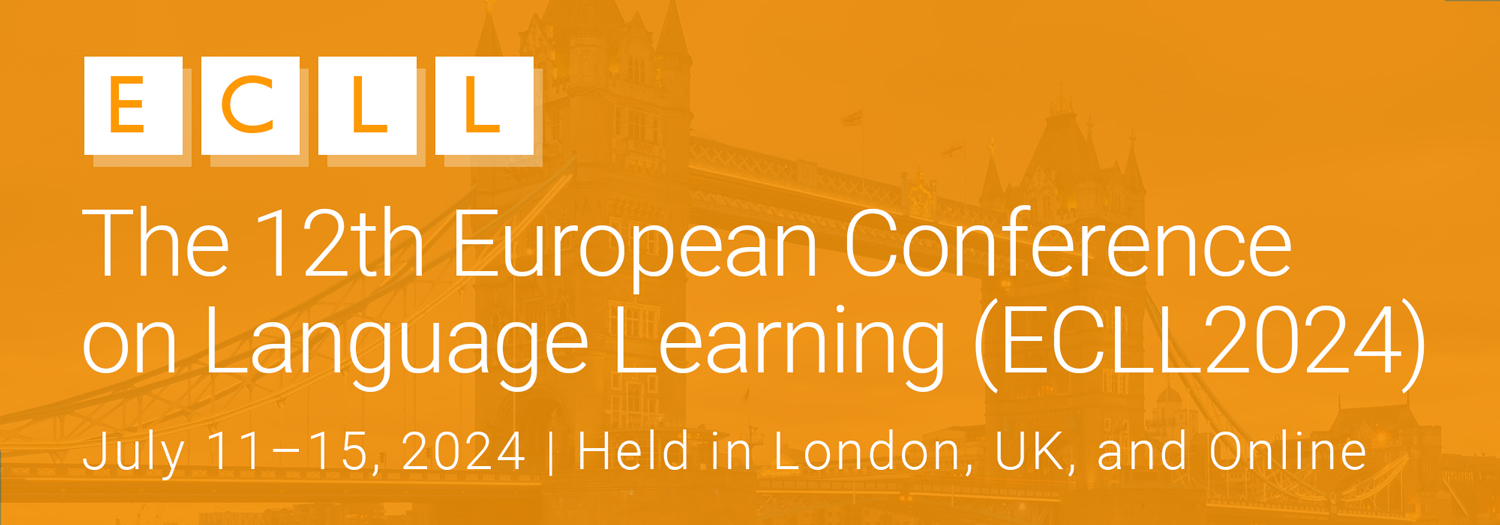“Schrodinger’s Box of Interdisciplinarity – Inside and Outside the Box Thinking About Global Challenges” by Eleonora Kofman and Neelam Raina of Middlesex University, United Kingdom, has been added to the plenary schedule for The 11th European Conference on Language Learning (ECLL2023).
To participate in the event as an audience member, please register for the conference.
This plenary will also be available for IAFOR Members to view online. To find out more, please visit the IAFOR Membership page.
Abstract
Schrodinger’s Box of Interdisciplinarity – Inside and Outside the Box Thinking About Global Challenges
Where should we position ourselves in the global challenges we face in the Anthropocene, and what level of despair are we allowed? We have ticked the boxes of inclusions, sustainability, capacity building, innovation, carbon footprints, artificial intelligence, and shrunk the globe for communication. We have evaluated and eliminated silos and criticised unilateral approaches and decision-making. Interdisciplinarity, intra-disciplinarity, and transdisciplinarity have been called upon and recognised as the pathways to solution-driven approaches to global challenges. Yet we are here – in a post-global pandemic world, with almost every continent currently facing multiple crises simultaneously.
It is in this context that we shall explore the notion of resilience of silos. How does working across disciplinary spaces, between geographies, and within the microcosms of culture enable us to hold a mirror up to ourselves and honestly answer the question - how far have we really come? And where, within the academic research and policy-making spaces, do we now need to come full circle and recalibrate ourselves? We showcase this with a live example of ongoing work, funded by overseas development aid through the UKRI GCRF Gender, Justice, and Security Hub, that cuts across vast swathes of conflict-affected populations, displaced, moving, and existing in indignity, sizing up the scale of apathy in a polarised world. We take a deep dive into the understanding of ‘human development’ and juxtapose it against the idea of the COVID-19 pandemic being a ‘portal’ and arrive in a unique spot – where we fracture silos and comfort zones, and observe these cracks and ruptures from the outside.
This talk showcases empirical work undertaken in Turkey, Lebanon, Kurdistan, Afghanistan, Pakistan, India, and Sri Lanka across various research sites, with over 200 people connected into the research and its design from 2019-2024. We bring forth the crossovers of disciplines that provided solutions and raised new questions, as each country shifted into multiple crises that created a spiral of exacerbated challenges.
Speaker Biography
Eleonore Kofman
Middlesex University, United Kingdom

Professor Kofman has conducted research funded by various organisations, including the European Commission, AHRC, ESRC, UN Women, and the Office of the UK Children’s Commissioner. Currently, she serves as the Co-Director of the Migration and Displacement stream of the UKRI GCRF Hub – Gender, Justice, and Security (2019-2024), led by the LSE Centre for Women, Peace, and Security. She is also a Co-Investigator of the project Gendered Dynamics of Labour Migrations, with Middlesex collaborating with academic and NGO partners across the Middle East and South Asia.
She was the Joint Editor-in-Chief of Work, Employment and Society (2018-2021), a journal of the British Sociological Association. Additionally, Professor Kofman is a member of the Executive Board and Board of Directors of IMISCOE, the largest European network of scholars in the area of migration and integration.
Neelam Raina
Middlesex University, United Kingdom

Dr Raina has led several large-scale competitively funded research projects which examine material and social practices through which Muslim women in conflict areas reproduce themselves on a daily and generational basis, and through which the social relations and material bases of capitalism are renewed. Her work allows connections to be built between, creative home-based workers who are largely seen as peripheral, to development economics, and on the fringes of formal employment and contributors to GDP; to the larger notions of peace building, countering and preventing violent extremism, poverty spirals and conflict theory through culturally significant, socially relevant practices. She connects the British creative industry into solution-based impactful approaches to global challenges through research.
Raina is a strong advocate for Afghan women and is the Director of the Secretariat to the All-Party Parliamentary Group (APPG) on Afghan women and girls in UK parliament. Her research in Afghanistan is ongoing as she brings women’s tacit knowledge to commercially viable spaces from the confines of the home.
Raina has a PhD in Design and Development, and a Master’s in Design and Manufacture from De Montfort University, Leicester. From 2018-2021, she was the Challenge Leader for UKRI’s Conflict and Security Portfolio for the Global Challenges Research Fund. Raina has been a Visiting Fellow at the London School of Economics at the Centre for Women, Peace and Security. She is the editor for the International Journal of Traditional Arts, and her new work Creative Economies of Culture in South Asia – Performers and Craftspeople was published in 2021.

